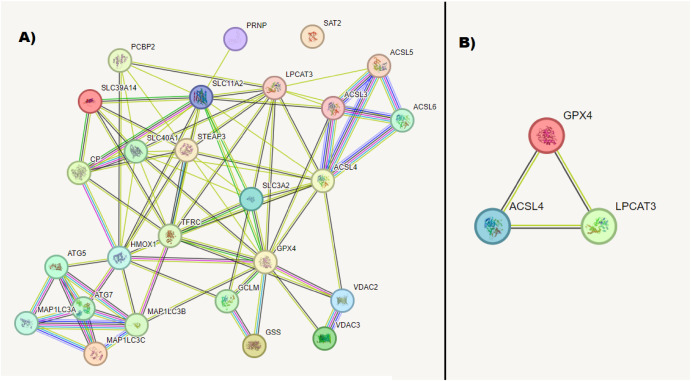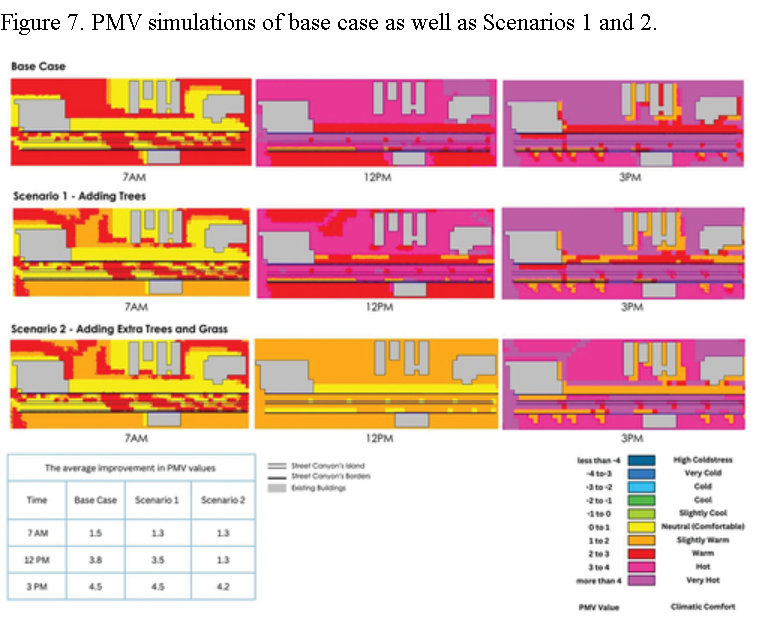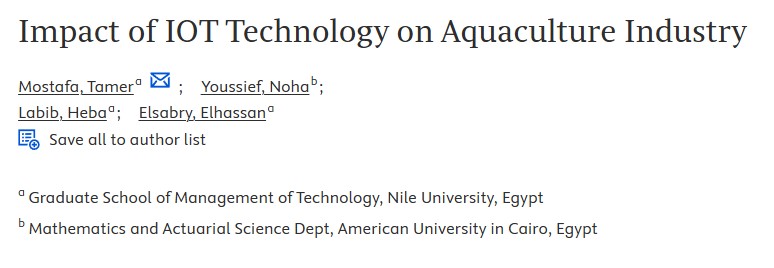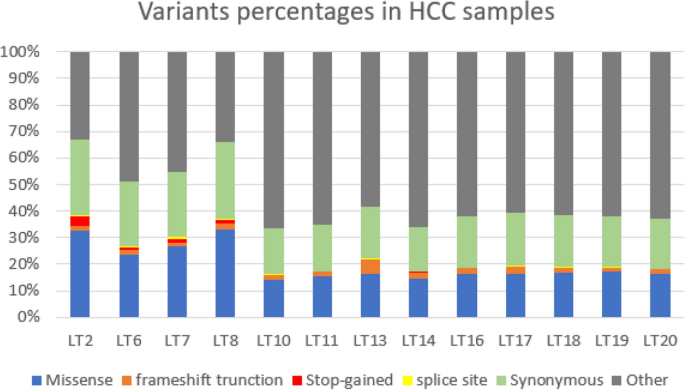
A Queueing Theory Approach to Small-Cell Assisted IoT Traffic Offloading
Massive numbers of Internet of Things (IoT) connections represent an essential component of the next-generation wireless networks. However, catering for such unprecedented numbers via cellular networks significantly increases the network congestion and degrades the achievable quality of service (QoS). Hence, traffic offloading has been proposed to alleviate the expected high growth rate in cellular networks. It exploits several network techniques such as WiFi networks, device to device (D2D) communication and heterogeneous networks (HetNets) to deliver user data primarily determined for the transmission over cellular networks. Most of the previous works aim to increase the number of offloaded users and, as a consequence, increase the number of admitted users to the network, without considering users' traffic load in the network. In this paper, we consider the offloading problem in a HetNet with D2D communication by considering the traffic load in the network. Traffic offloading in this paper aims to maximize the total network throughput while maintaining the system queues stability. The throughput maximization problem is shown to be non-convex. Therefore, we propose a heuristic offloading algorithm that is shown to achieve a comparable performance to that obtained through an exhaustive search algorithm. Numerical results show that the proposed offloading algorithm outperforms similar algorithms in the literature that do not take the users' traffic load into consideration. © 2019 IEEE.



